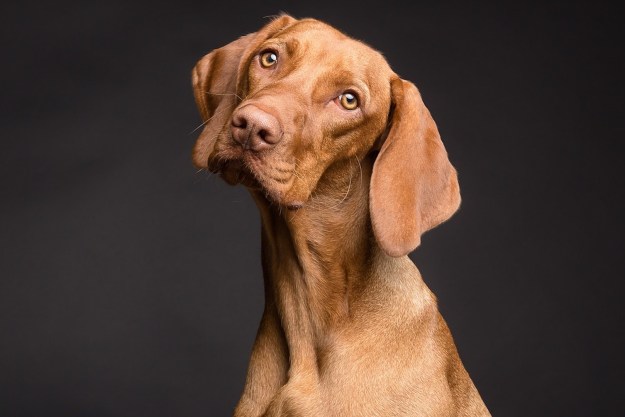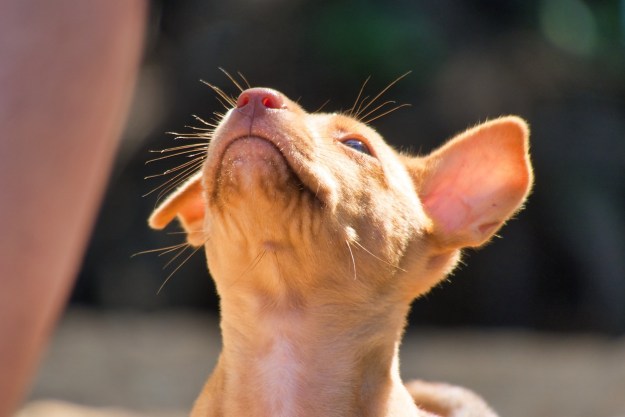
In addition to promoting a natural antibacterial action, removing plaque, and preventing tartar, an enzymatic toothpaste helps eliminate odors in a dog’s mouth. The toothpastes also contain no foaming agents and are safe for a dog. To gain all the benefits of an enzymatic toothpaste, get one of these high-performing and useful options.
Food particles and bacteria can accumulate along a dog’s gum line and form plaque or cause gum disease. The bacteria could get into a dog’s bloodstream, affecting its internal organs or making it difficult to eat. To prevent such problems, use a good enzymatic toothpaste on your dog. These leading enzymatic toothpastes are effective and easy to use.
Virbac CET Enzymatic Toothpaste
Best for Multiple Pets

To treat teeth for your dog and other pets, get a good enzymatic toothpaste that’s formulated for multiple pets. That’s the Virbac CET Enzymatic Toothpaste in a nutshell. It can provide dental care, such as by removing plaque and tartar buildup and eliminating bad breath for both dogs and cats. The vanilla mint-flavored toothpaste is formulated with an enzyme system tailored for dogs and cats.
Vet’s Best Enzymatic Dog Toothpaste
Best Value

Want high value in an enzymatic toothpaste? Then consider Vet’s Best Enzymatic Dog Toothpaste. The low-priced toothpaste is formulated with a soothing and effective mix of aloe, neem oil, grapefruit seed extract, baking soda, and enzymes to remove plaque and tartar and freshen a dog’s breath. It also helps brighten and whiten teeth.
Petrodex Enzymatic Toothpaste for Dogs
Best Overall

If you desire one of the best available enzymatic toothpastes, grab the Petrodex Enzymatic Toothpaste for Dogs. It contains patented enzymes and offers a nonfoaming formula to help reduce plaque, prevent tartar formation, and eliminate bad breath. The poultry-flavored toothpaste should be applied at least two to three times per week.
Keep plaque and tartar off your dog’s teeth, and keep their breath smelling fresh by using an effective enzymatic toothpaste. These appealing and lasting toothpastes can take care of your dog’s key dental care needs.


